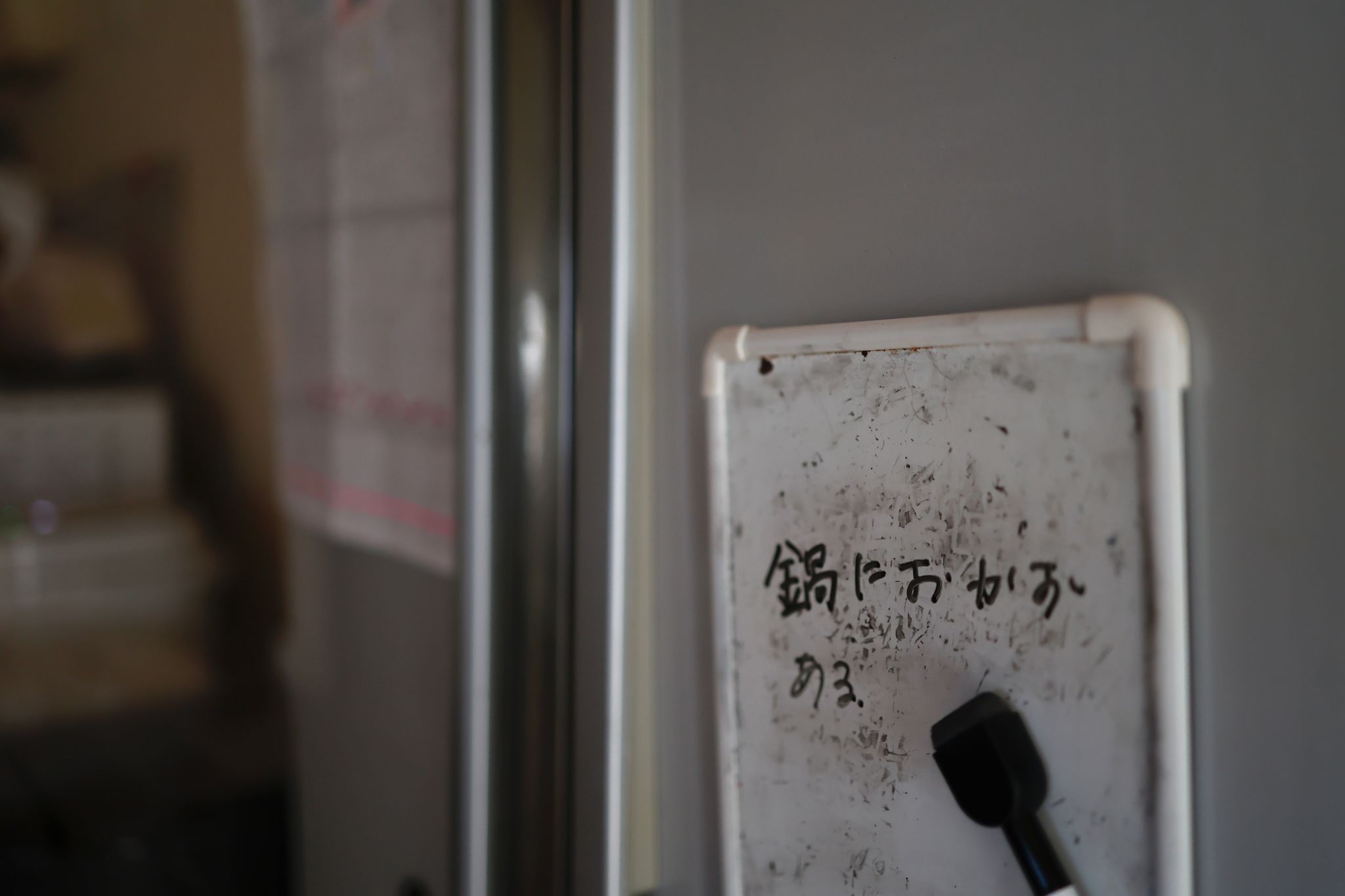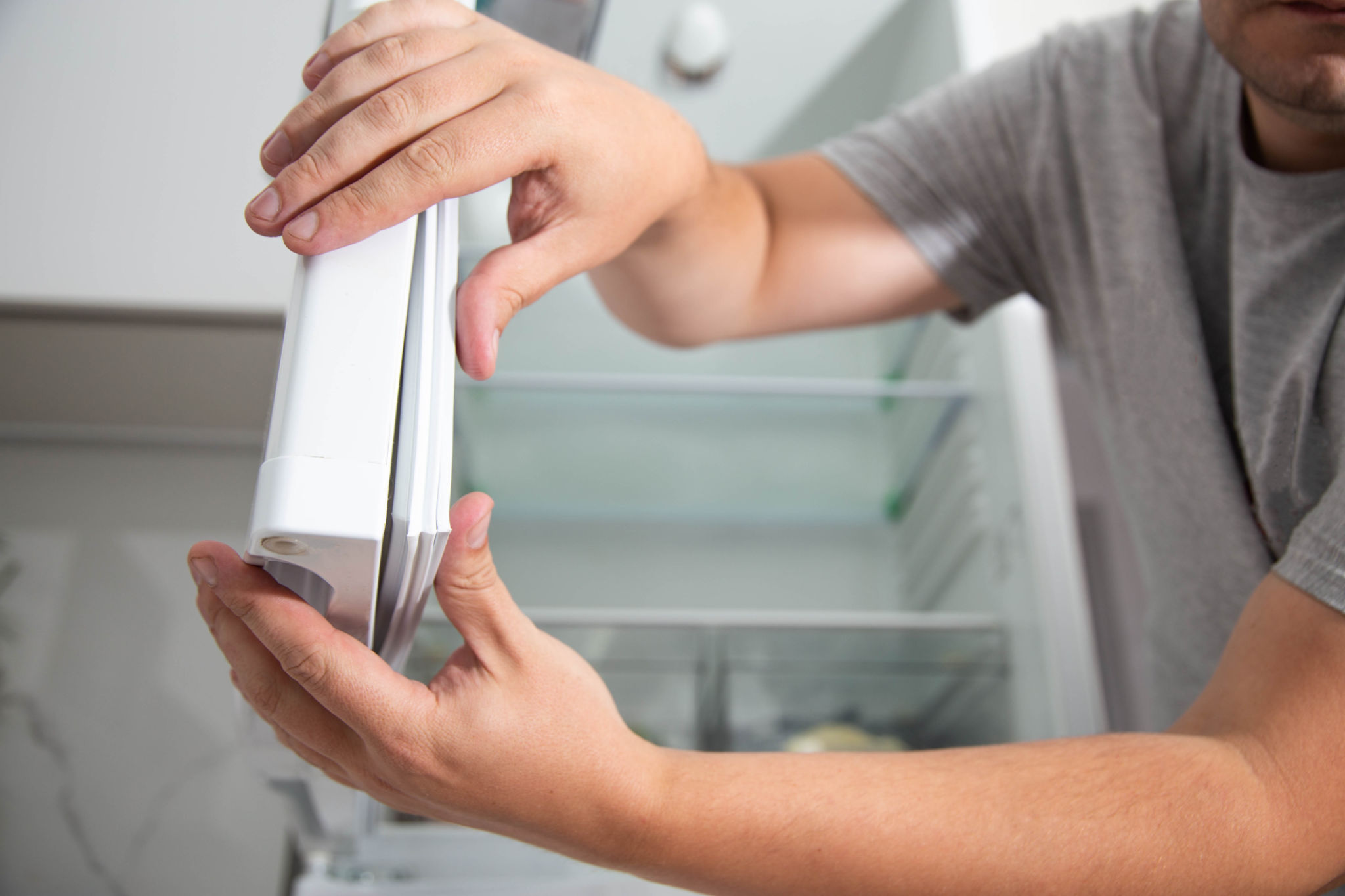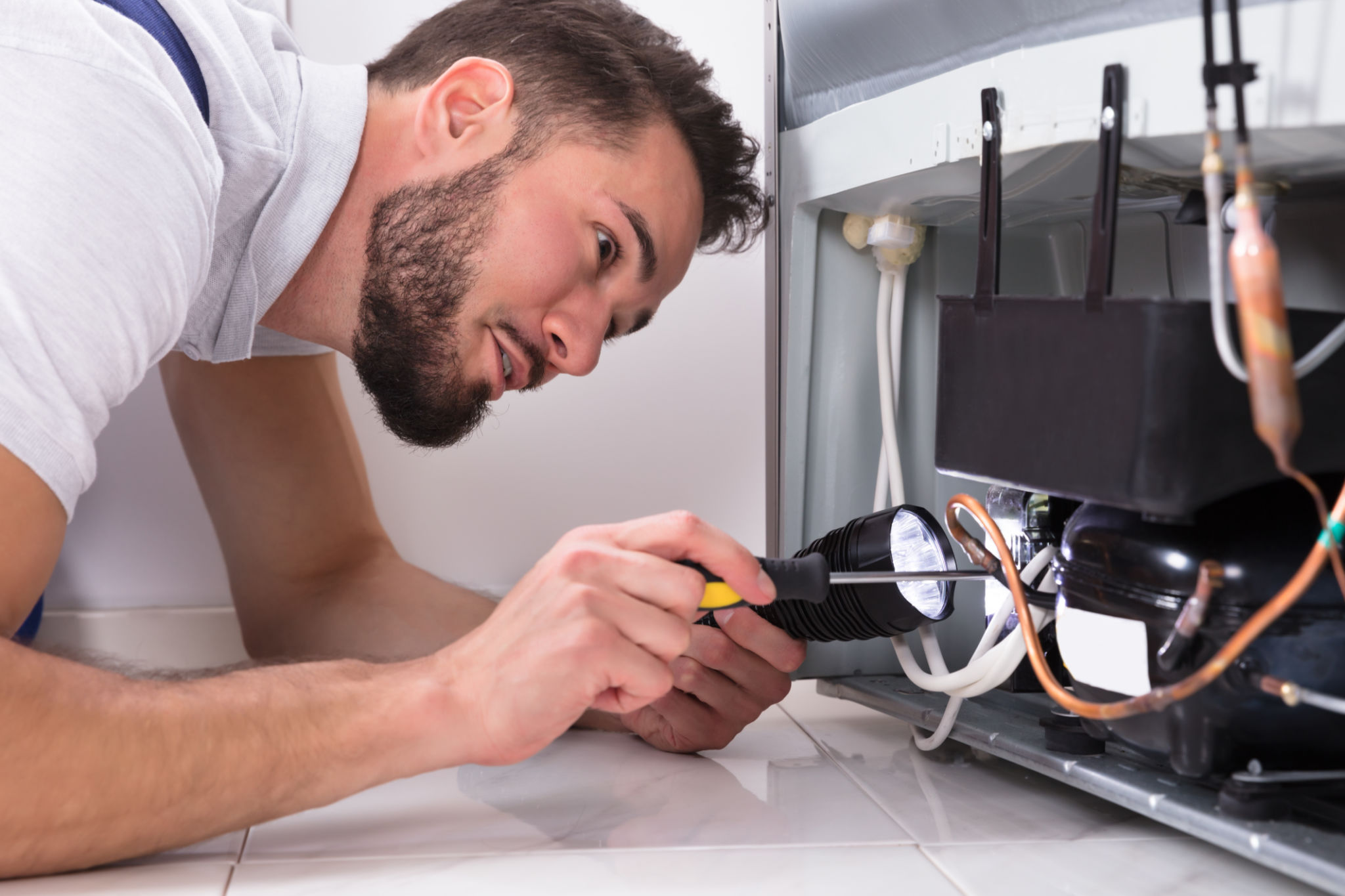How to Troubleshoot Common Refrigerator Issues Before Calling a Professional
IA
Identifying the Problem
Before diving into complex troubleshooting, it's important to first identify what exactly is going wrong with your refrigerator. Common issues include not cooling properly, making strange noises, or leaking water. Start by observing any unusual behavior and note down these symptoms. This initial assessment will guide you in pinpointing the problem more effectively.
Make sure to check if the fridge is properly plugged in and that the outlet is functional. Sometimes, a simple oversight like this could be the root of the issue. Next, ensure that the temperature settings are correctly adjusted; sometimes they can be accidentally changed, leading to cooling problems.

Checking the Thermostat
The thermostat is a critical component in maintaining the ideal temperature inside your refrigerator. If your fridge is not cooling as it should, the thermostat might be set too high or could be malfunctioning. Start by adjusting it to a lower setting and wait for a few hours to see if this resolves the issue.
If adjusting the thermostat does not help, you may need to test it for continuity using a multimeter. A lack of continuity indicates that the thermostat needs replacement. However, ensure you are comfortable using such tools or consider calling a professional if you're unsure.
Inspecting the Door Seals
Another common issue that can impact your refrigerator's efficiency is faulty door seals. If the seals are not tight enough, cold air can escape, causing the fridge to work harder than necessary. To test the door seals, close the door on a piece of paper. If you can pull it out easily, the seals might need replacing.

Additionally, inspect the seals for any visible cracks or damage. Cleaning them with warm soapy water can sometimes improve their effectiveness, but if they are worn out, it's best to replace them to ensure optimal performance.
Examining the Condenser Coils
Dirty condenser coils can lead to inefficient cooling and increased energy consumption. These coils are usually located at the back or underneath the refrigerator. Over time, dust and debris can accumulate on them, hindering their function.
Unplug your fridge before cleaning the coils, and use a vacuum cleaner or a coil brush to remove the dirt. Regular maintenance of these coils not only helps your refrigerator run smoothly but also extends its lifespan.

Addressing Unusual Noises
If your refrigerator is making strange noises, it could be due to various reasons such as a faulty fan motor or compressor issues. Start by locating where the noise is coming from. If it's from the back, it could be related to the compressor or fan motor. If it's from inside, it might be an evaporator fan issue.
For minor issues like a noisy fan, try cleaning or gently adjusting it to ensure it isn't hitting any other components. However, if you're unsure about handling electrical parts, it might be safer to get professional help.
Dealing with Water Leaks
Water leaks are a common problem with refrigerators and can often be traced back to a blocked defrost drain or a broken water supply line. Check if there's any visible blockage in the drain and clear it using warm water.

If the leak persists, inspect the water supply line for any cracks or damage. Tightening loose connections or replacing damaged parts can often resolve the issue.
When to Call a Professional
While troubleshooting common issues can save time and money, there are instances where professional intervention is necessary. If you've tried all possible solutions and still face problems, or if you encounter electrical issues beyond your expertise, it's wise to call a professional.
Professionals have the tools and expertise to diagnose and fix complex issues efficiently. Regular maintenance by professionals can also prevent future problems and ensure your refrigerator operates at peak performance.